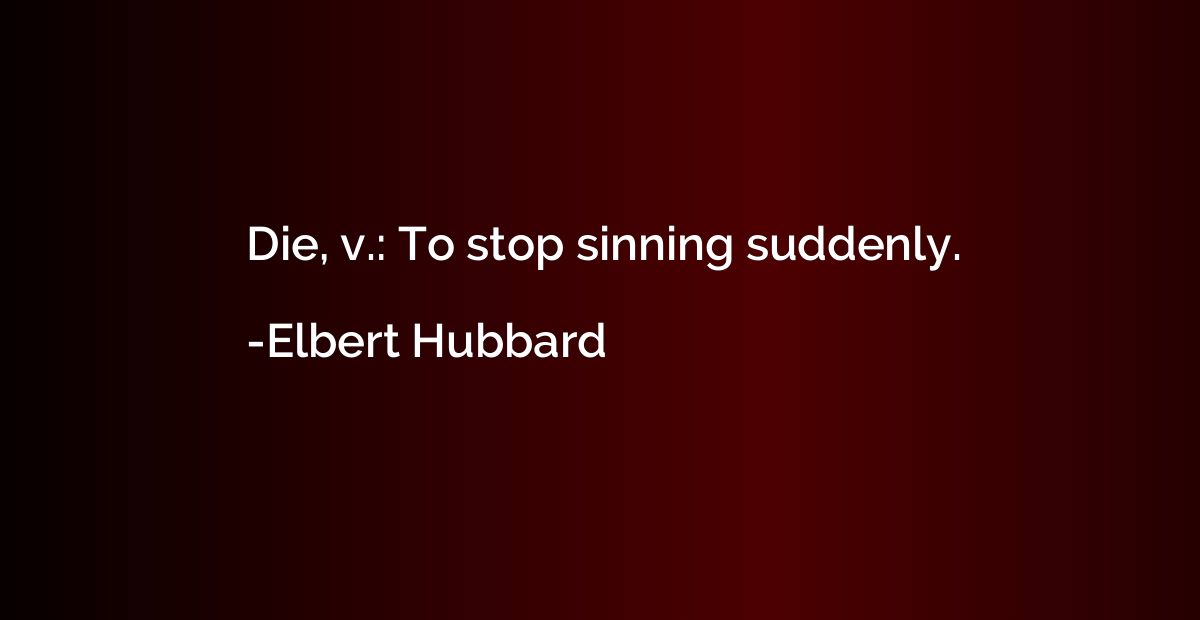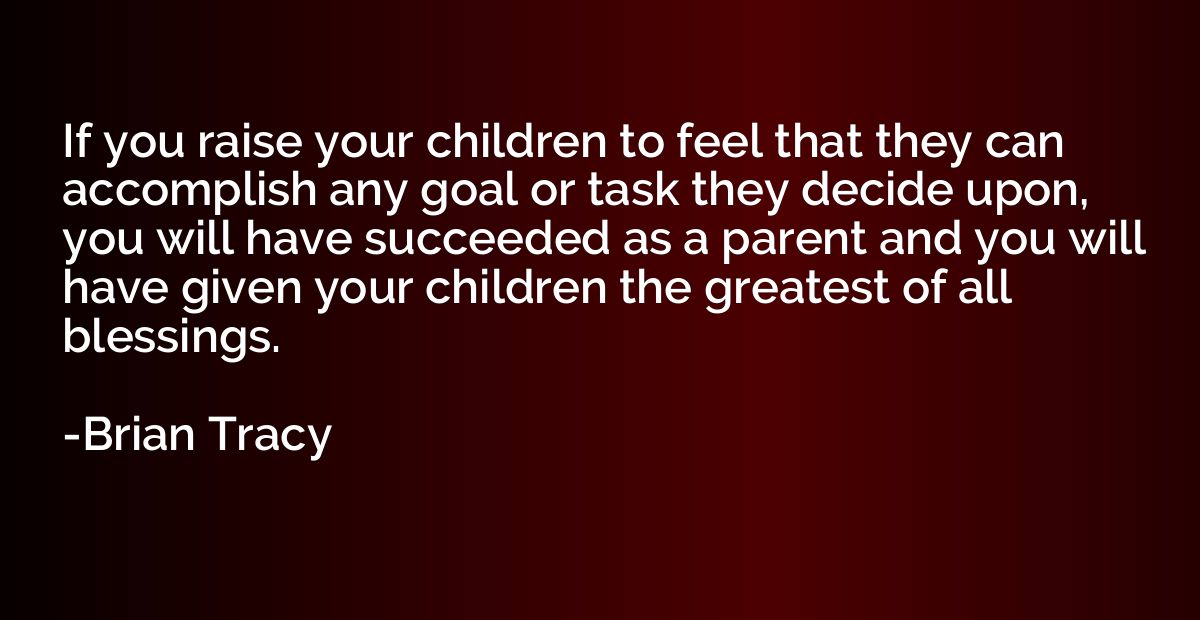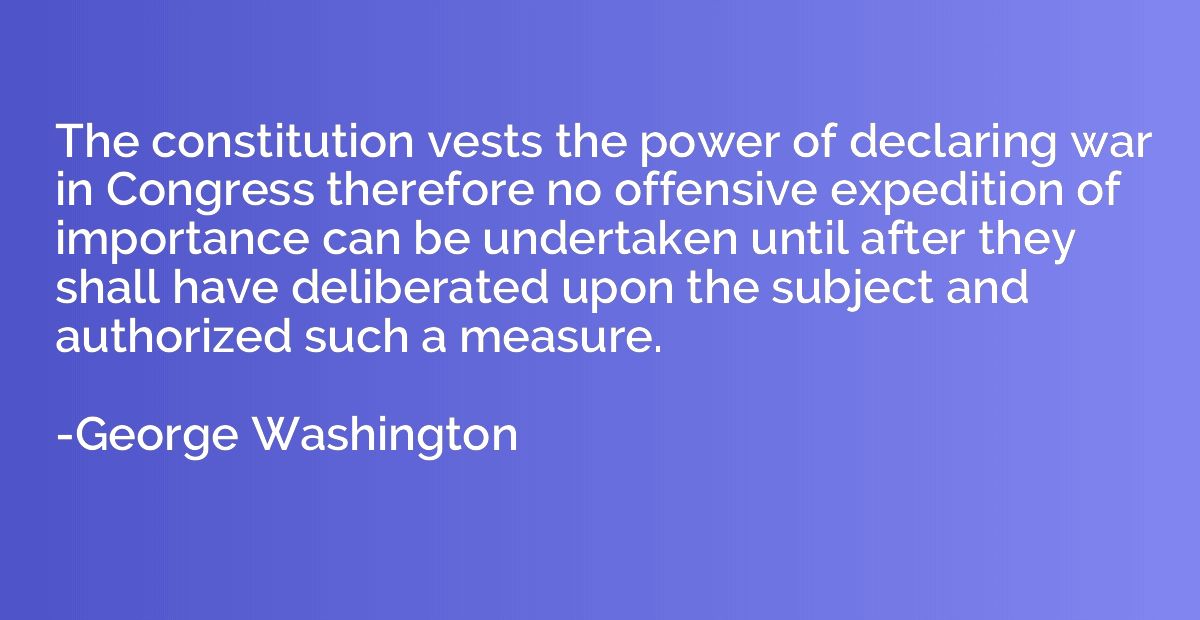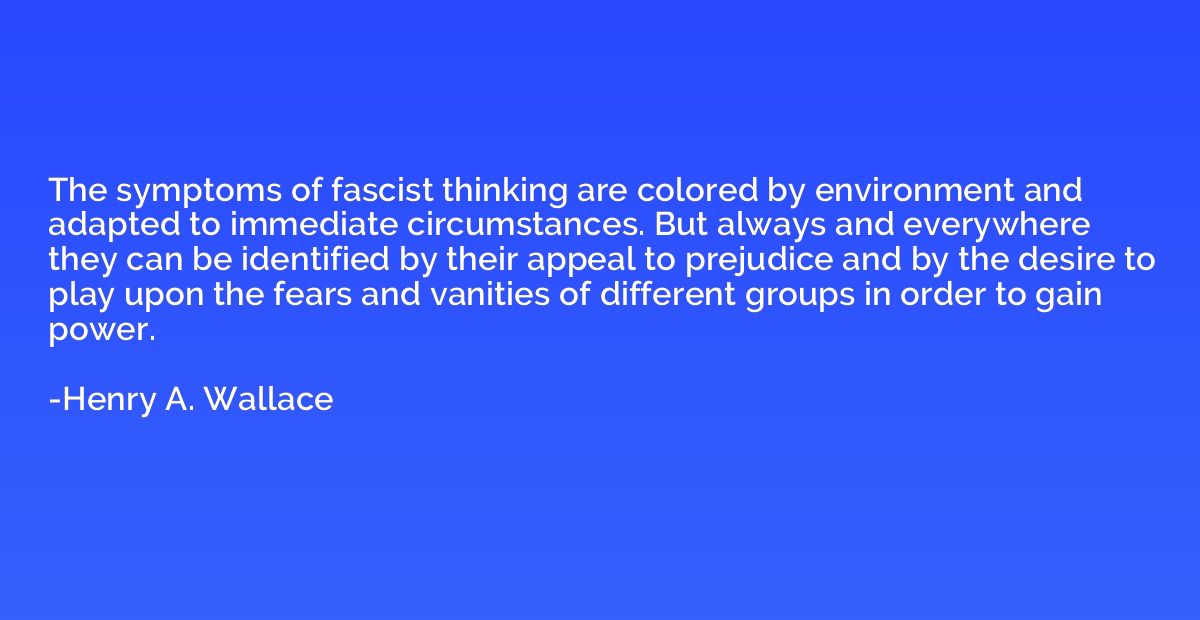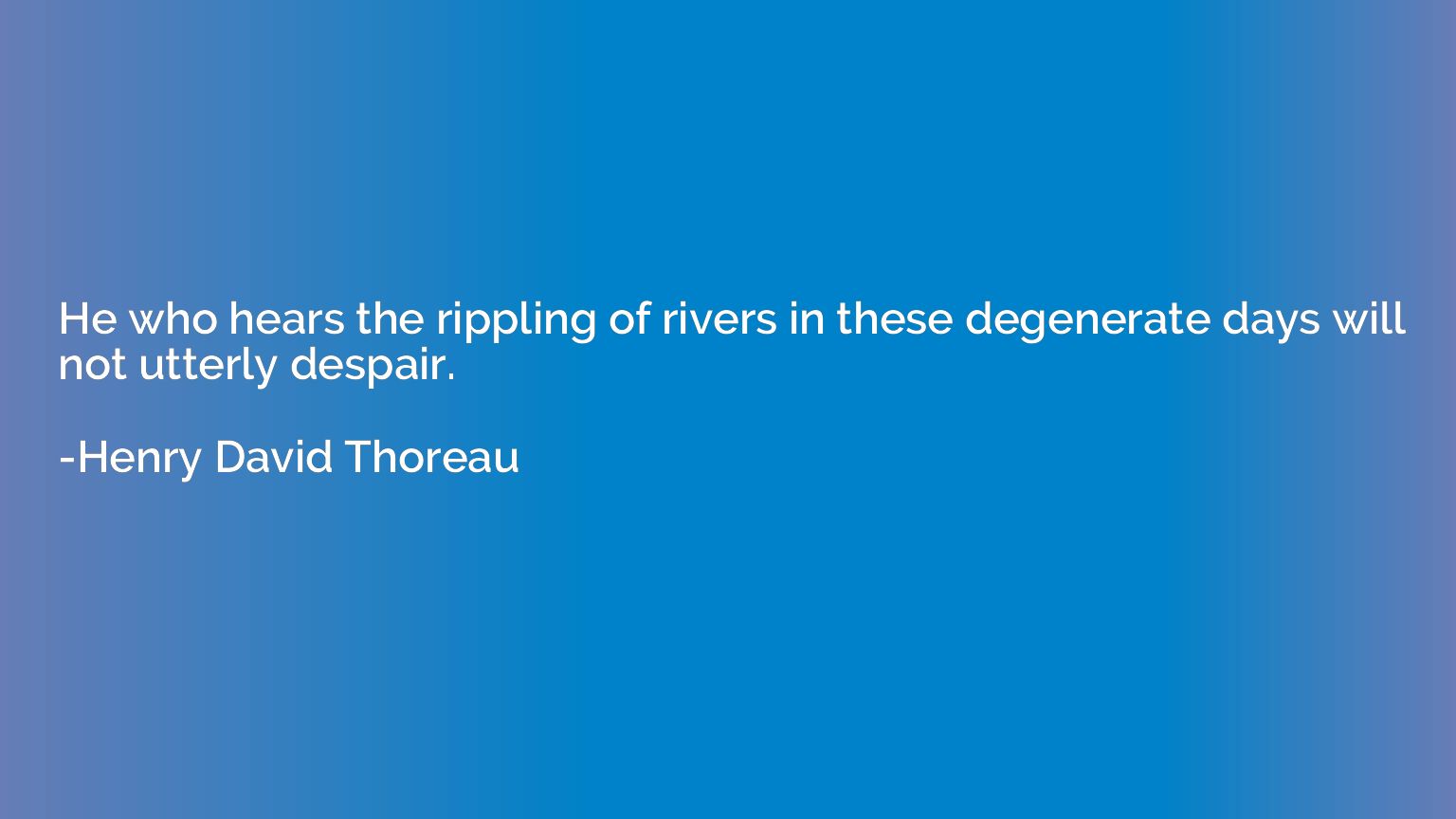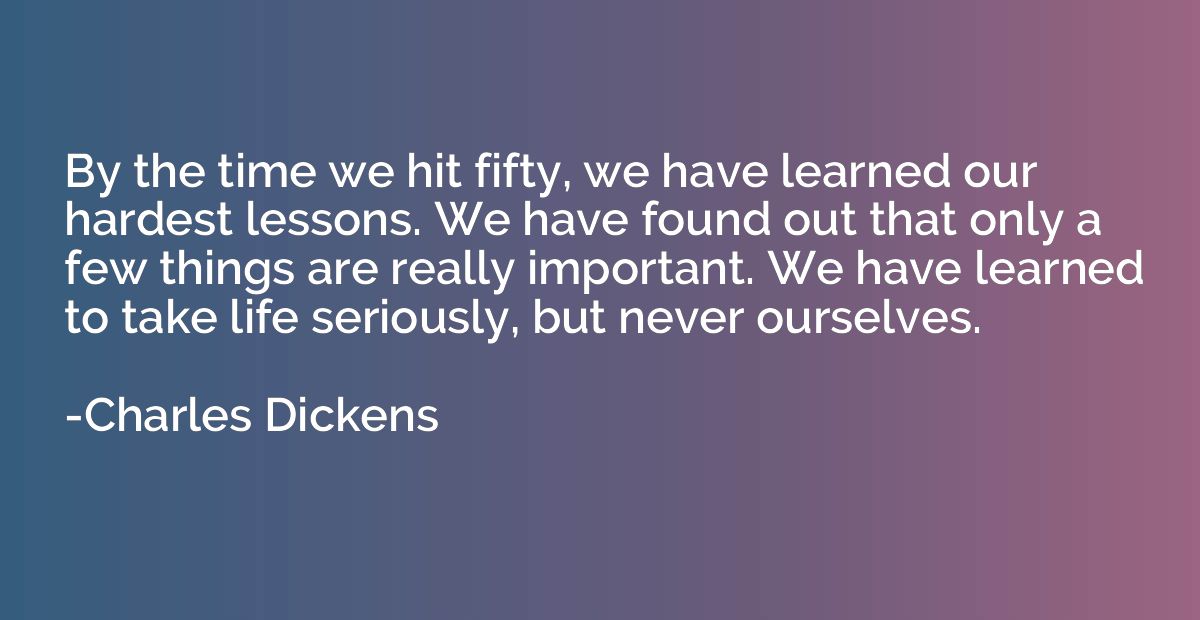Summary
This quote humorously defines the verb "die" in a satirical way, suggesting that when someone dies, all their sins abruptly cease. It plays with the concept of death being the ultimate end or resolution to any wrongdoing or immoral behavior. While usually referring to the literal act of physical death, here it suggests a more instantaneous and definitive transformation for the individual in question. The quote mocks the idea that someone can completely and immediately cease their sinful actions, highlighting the absurdity of this notion.
